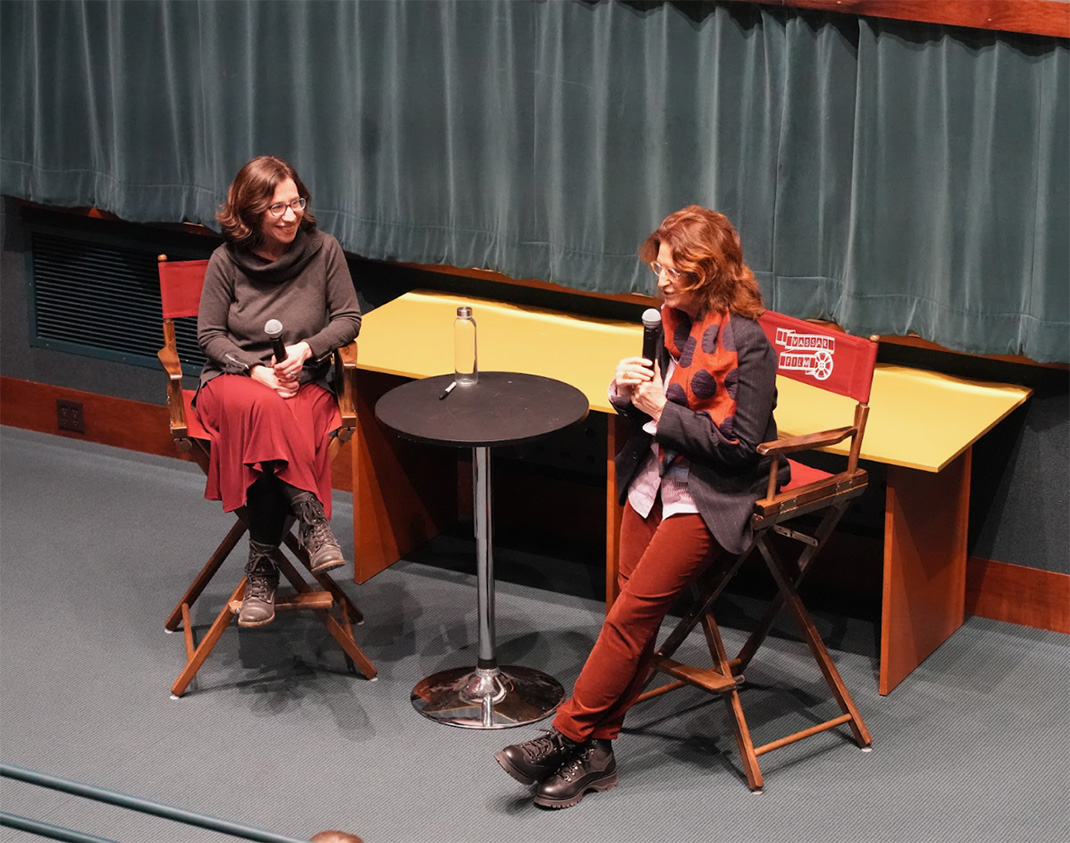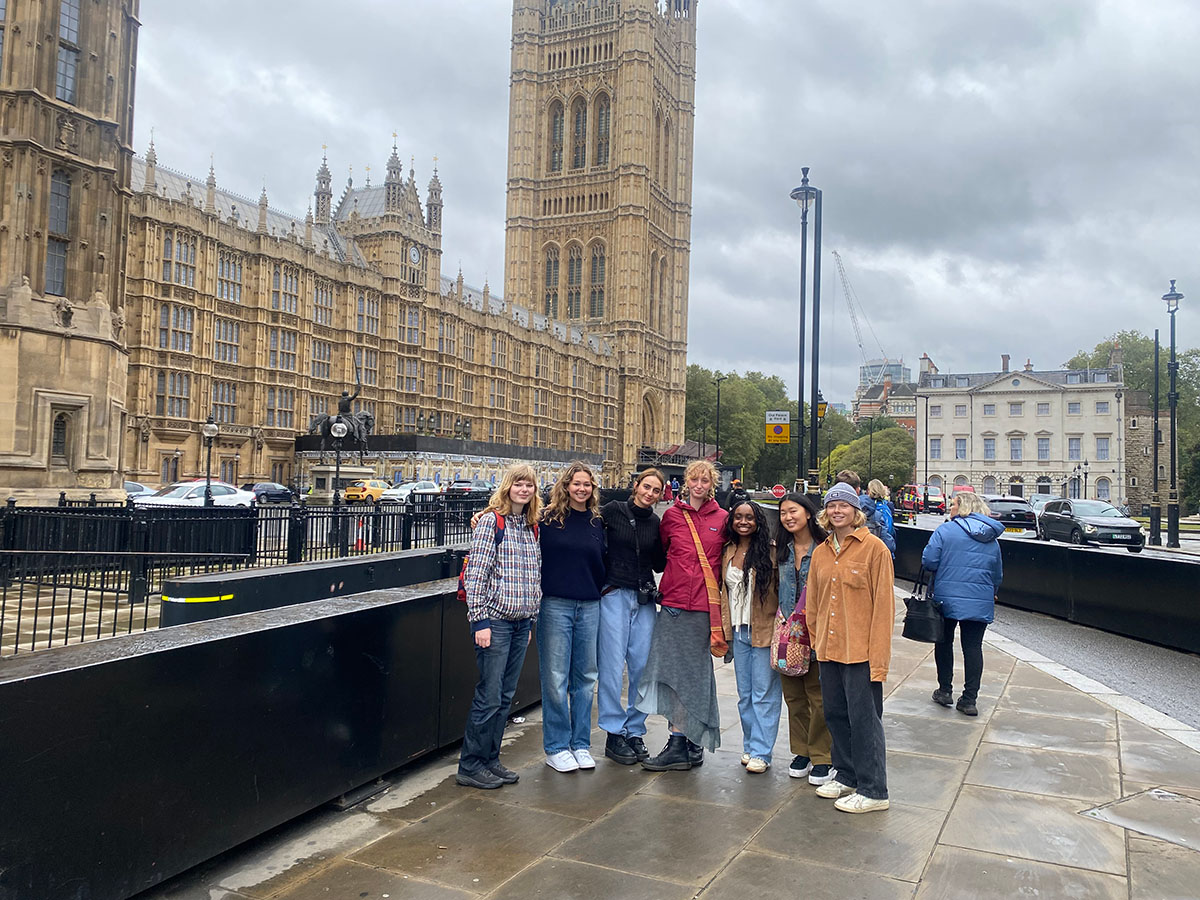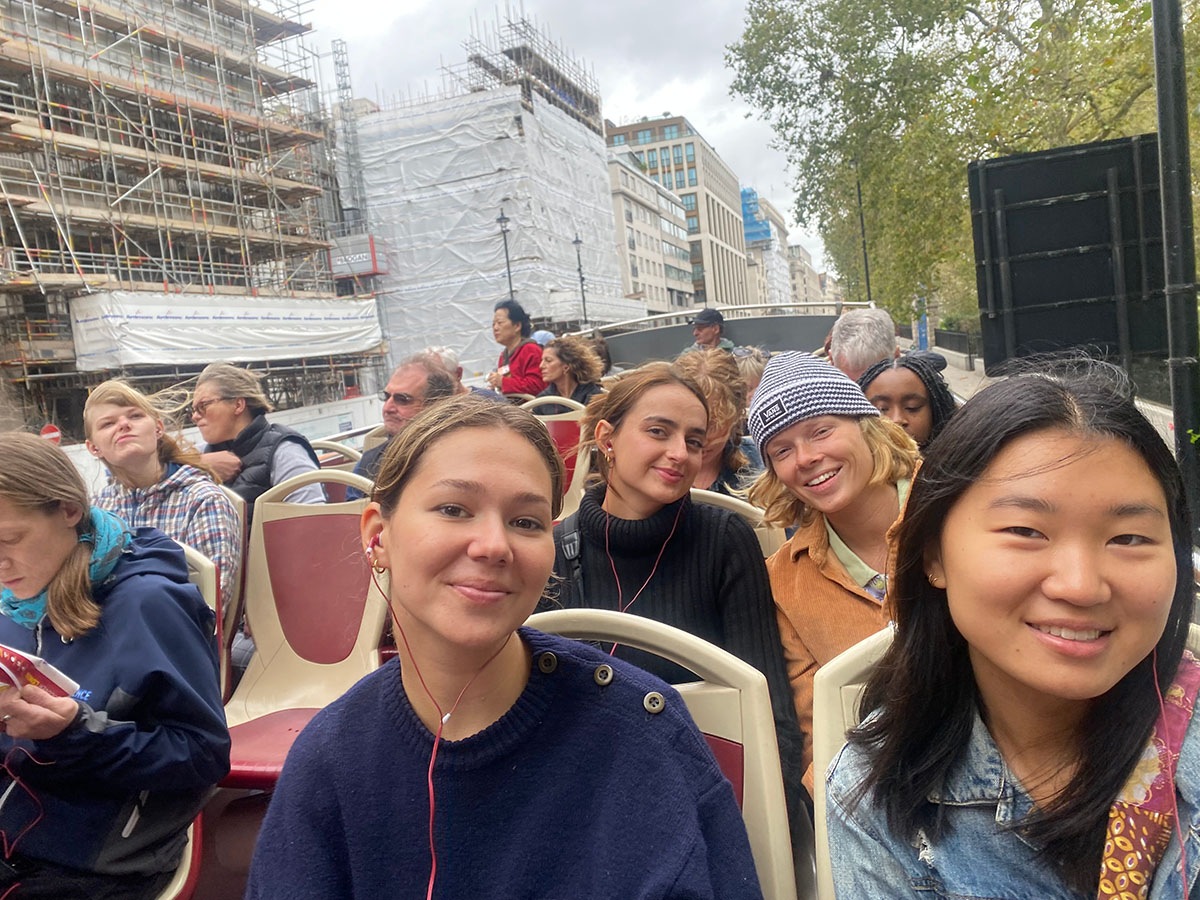The Media Studies Program encourages the understanding and critical evaluation of new and old media technologies, the centrality of media in global and local culture, social life, politics and economics, and the contemporary and historical impact of media on individuals and societies.
As defined by the Media Studies Program, “media” includes all forms of representational media (oral/aural, written, visual), mass media (print, television, radio, film), new media (digital multimedia, the Internet, networked media), their associated technologies, and the social and cultural institutions that enable them and are defined by them.
The program emphasizes several interrelated approaches to the study of media: multidisciplinary perspectives derived from the arts, humanities, social and natural sciences; the historical study of various forms of communication and the representation of knowledge; theoretical and critical investigation of how media shape our understandings of reality, and the dynamic interrelationship of media industries, cultural texts, communications technologies, policies, and publics; examination of global, as well as non-Western, indigenous, and oppositional media forms and practices; and practical work in media production and the use of media technologies.
(Mission Statement, adopted by Steering Committee, 2004)

Photo: Jill Wong
Prudence Fenton “World According to Ailee Willis” Screening

Photo: Ben Richardson

Photo: Ben Richardson
Lynne Marie Rosenberg












